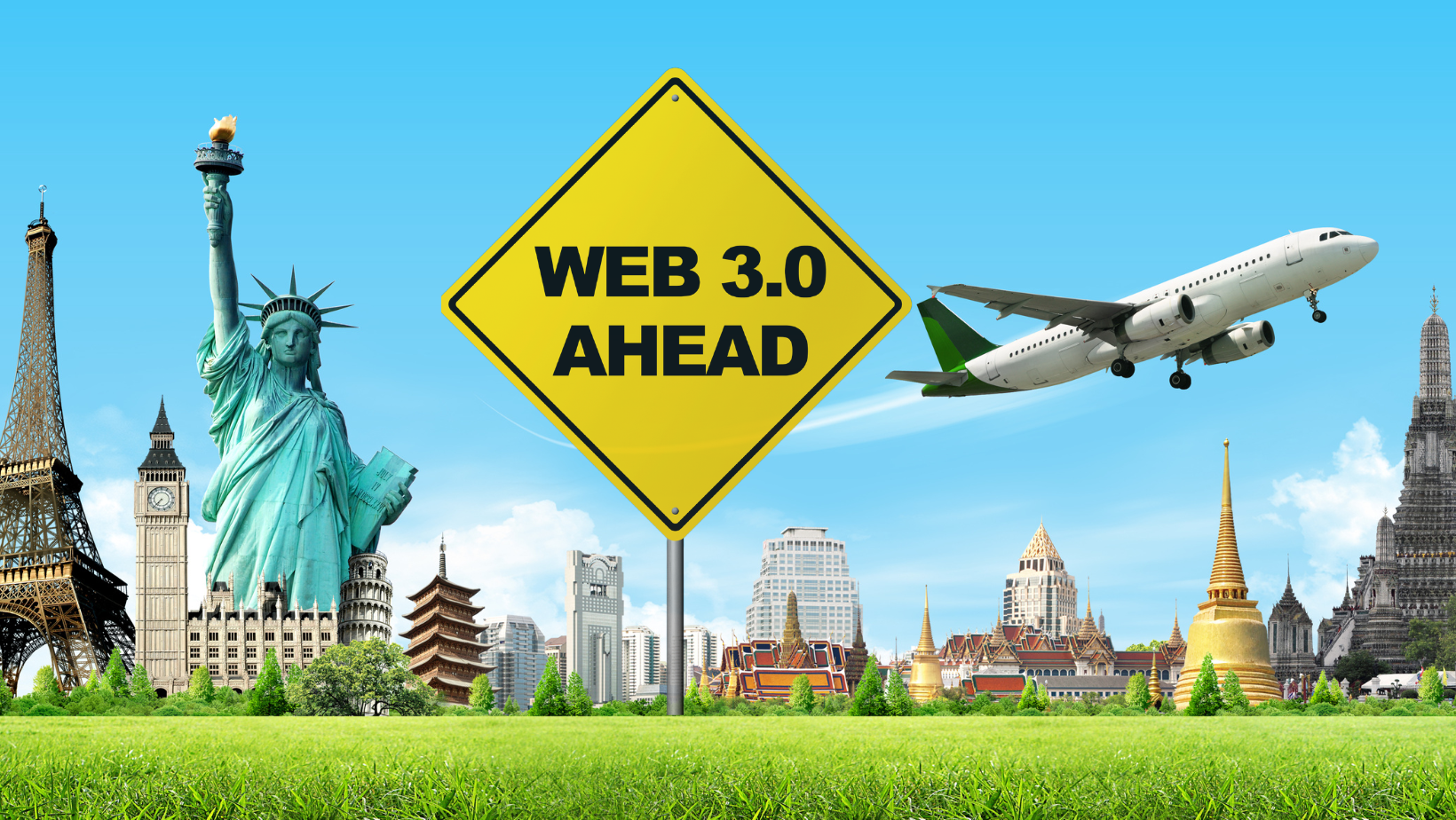In a tumultuous world inundated by news cycles relentlessly broadcasting calamities and crises, the Bahá’í teachings offer a paradigm shift—a way to navigate this maelstrom with a sense of calm and purpose. The principles of unity, compassion, and active engagement present themselves not merely as philosophical tenets but as life rafts in a sea of distressing headlines. To cultivate a less traumatic experience of news consumption, we must embrace these teachings with both fervor and mindfulness.
At the heart of Bahá’í thought lies the belief that humanity is a single, interconnected entity. This notion, akin to the threads of a vast tapestry, underscores the imperative of seeing beyond regional or cultural disparities. Each thread, while distinct, contributes to the richness of the whole. In terms of news, this perspective calls for an engagement with information that recognizes our shared humanity. By acknowledging the universal fabric that binds us, we begin to mitigate the emotional weight of distressing news, fostering an environment where empathy takes precedence over fear.
One significant aspect of this journey involves curating the sources of information we engage with. Just as a skilled traveler learns to navigate unfamiliar terrain, selecting trustworthy guides is essential in the realm of news. Bahá’í teachings emphasize the pursuit of truth through reassuring and reflective discourse. Integrating this into daily life means being discerning about the platforms we trust. Choose media outlets that provide well-rounded perspectives rather than sensationalist narratives, allowing us to understand the complexities of situations without being overwhelmed by negativity.
It is crucial to perceive the media consumption process as an exercise in enhancement rather than mere information intake. Much like a gardener tending to a fragile plant, efforts should be made to nurture an environment for growth. Establishing boundaries around news consumption can protect one’s mental well-being. Allocating specific times to engage with current events, rather than allowing a barrage of notifications and alerts to punctuate daily life, creates a balanced approach. This structured engagement allows individuals to absorb knowledge without being engulfed by a sense of helplessness that often accompanies chronic exposure to distressing narratives.
In conjunction with a thoughtful engagement with the media, the Bahá’í emphasis on service to humanity can significantly reshape our interaction with news. When confronted with bleak reports of injustice or suffering, the teachings urge us to shift from passivity to action—transformative action that seeks to alleviate distress. Volunteering, advocacy, and community involvement not only empower individuals but also channel the emotional energy that often accompanies distressing news into something constructive. This approach adheres to the notion that when faced with turmoil, our response should be proactive, fostering resilience not only within ourselves but also within our communities.
Moreover, the practice of prayer and meditation features prominently in Bahá’í life and offers a sanctuary from the chaos of the outer world. Much like an anchor stabilizes a ship amidst turbulent waters, these rituals provide a grounding influence, fostering inner peace and clarity. Taking moments to reflect, meditate, or pray cultivates a calm mind, equipping individuals to confront the realities of the world without succumbing to despondency. By developing a routine that incorporates these contemplative practices, one can cultivate a reservoir of spiritual sustenance to draw upon during challenging times.
Education represents another cornerstone of Bahá’í teachings and is fundamentally tied to the pursuit of an informed and compassionate worldview. Knowledge acts as a powerful antidote to fear. By actively seeking to comprehend global events through a lens of justice and equity, we empower ourselves to discern the nuances of complex situations. This education extends beyond formal instruction; it encompasses an understanding of history, culture, and the socio-political contexts that shape our world. Armed with this knowledge, individuals can engage thoughtfully with the news rather than reactively with fear or anger.
Furthermore, the Bahá’í perspective on global citizenship compels individuals to recognize their role in a wider context. The earth is not merely a collection of nations; it is a home shared by all of humanity. Embracing this worldview nurtures a sense of responsibility toward fellow beings—a responsibility that transcends borders and differences. In a practical sense, this translates to advocating for justice, supporting equitable policies, and fostering dialogues that encourage comprehensive understanding rather than division. The realization that each action reverberates across the global tapestry empowers individuals to contribute positively, mitigating the trauma evidenced in the news cycle.
In conclusion, navigating the cacophony of modern media does not necessitate a capitulation to despair. The Bahá’í teachings provide a robust framework for reshaping our interaction with news, emphasizing unity, discernment, proactive engagement, and spiritual nourishment. By cultivating these practices, individuals can transform their experiences from trauma into tranquillity, ensuring a more balanced, harmonious existence amid the complexities of contemporary life. This reformation of perspective not only enhances personal well-being but also contributes to building a more compassionate world—one less burdened by the trauma of distressing news.
